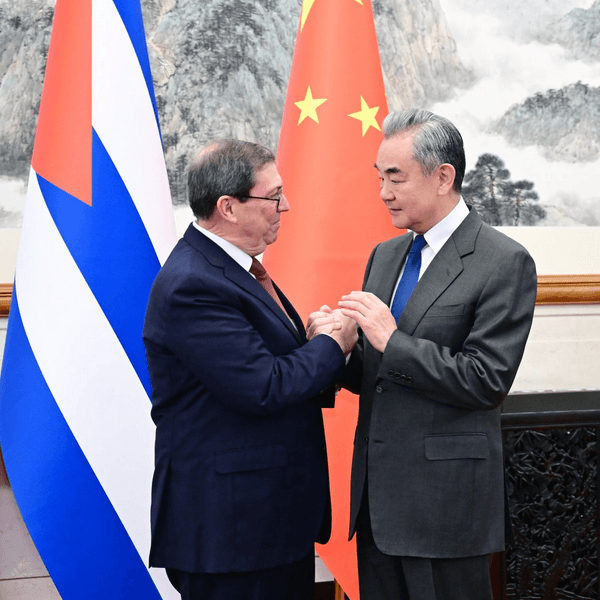China lodged a diplomatic protest Saturday against President-elect Donald Trump, after Trump spoke on the phone Friday with Taiwanese President Tsai Ing-Wen.
Trump's 10-minute call with Taiwanese leadership marked the first contact between the U.S. and Taiwan's government since 1979, when President Jimmy Carter broke ties in order to preserve the relationship with mainland China, whose government views the democratically-ruled island as a rogue province.
The Guardian reports that "Geng Shuang, a spokesman for China's foreign ministry, said in a statement on Saturday: 'It must be pointed out that there is only one China in the world and Taiwan is an inseparable part of Chinese territory. The government of the People's Republic of China is the sole legitimate government representing China.'"
And Reuters notes that "China's Foreign Ministry said it had lodged 'stern representations' with what it called the 'relevant U.S. side,' urging the careful handling of the Taiwan issue to avoid any unnecessary disturbances in ties."
"The one China principle is the political basis of the China-U.S. relationship," the ministry said.
"The Global Times, a government-controlled tabloid which sometimes echoes official views," observes the Guardian, "took a harder line" than China's leaders, arguing that Trump's call represents a real threat to China-U.S. relations.
"If Trump wants to overstep the One-China principle, he will destroy Sino-US ties. That means the current pattern between Beijing and Washington as well as international order will be overturned," warns the Global Times.
Some have speculated that Trump's call was regarding his hotel chain, as the real estate mogul has expressed interest in expanding his business into Taiwan:
Many have condemned the president-elect for failing to divest himself of his businesses, warning against the blatant conflict of interest. Trump has not yet said whether or not he will divest himself of his businesses and put them in a blind trust, as the U.S. constitution requires.



